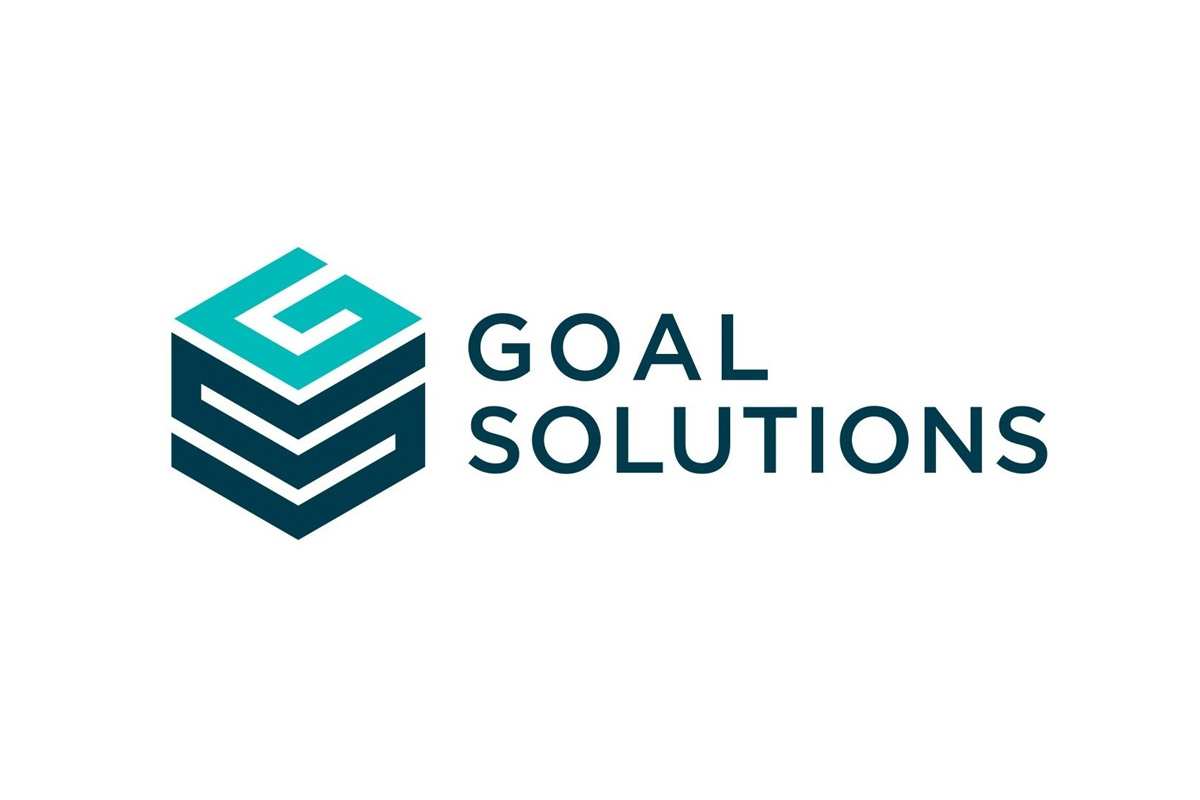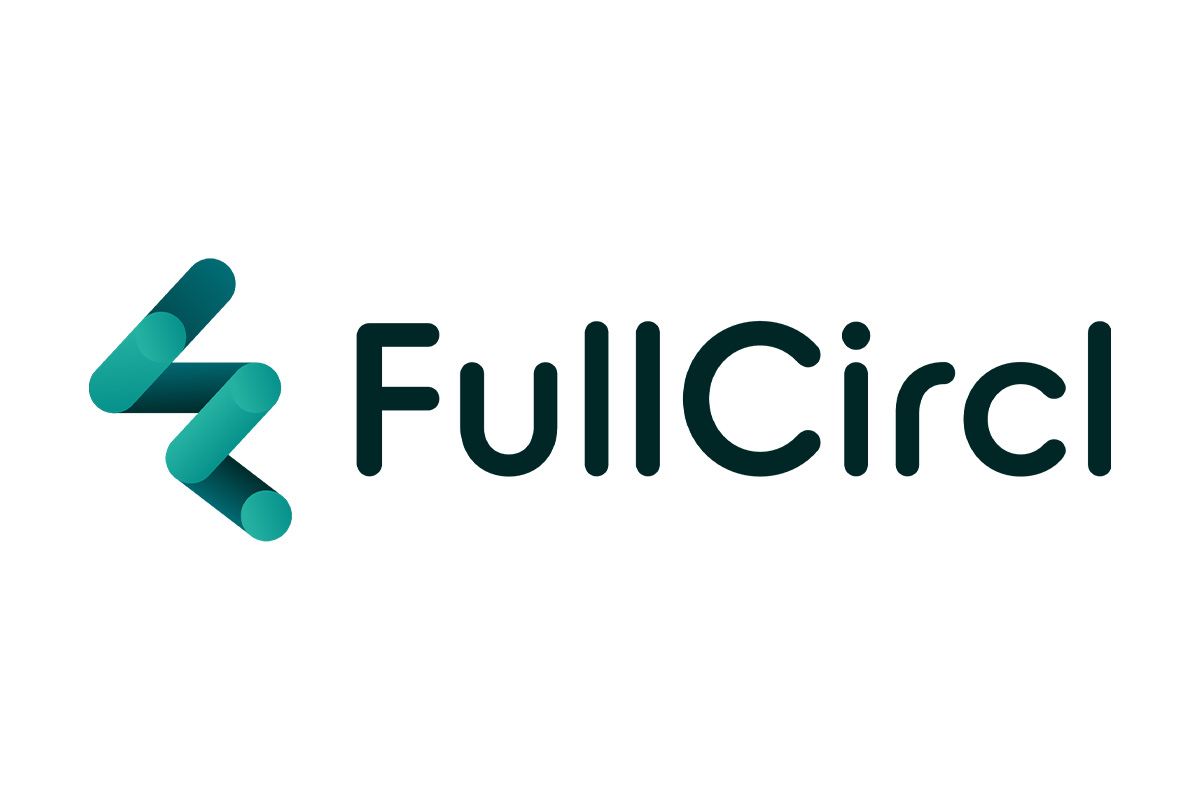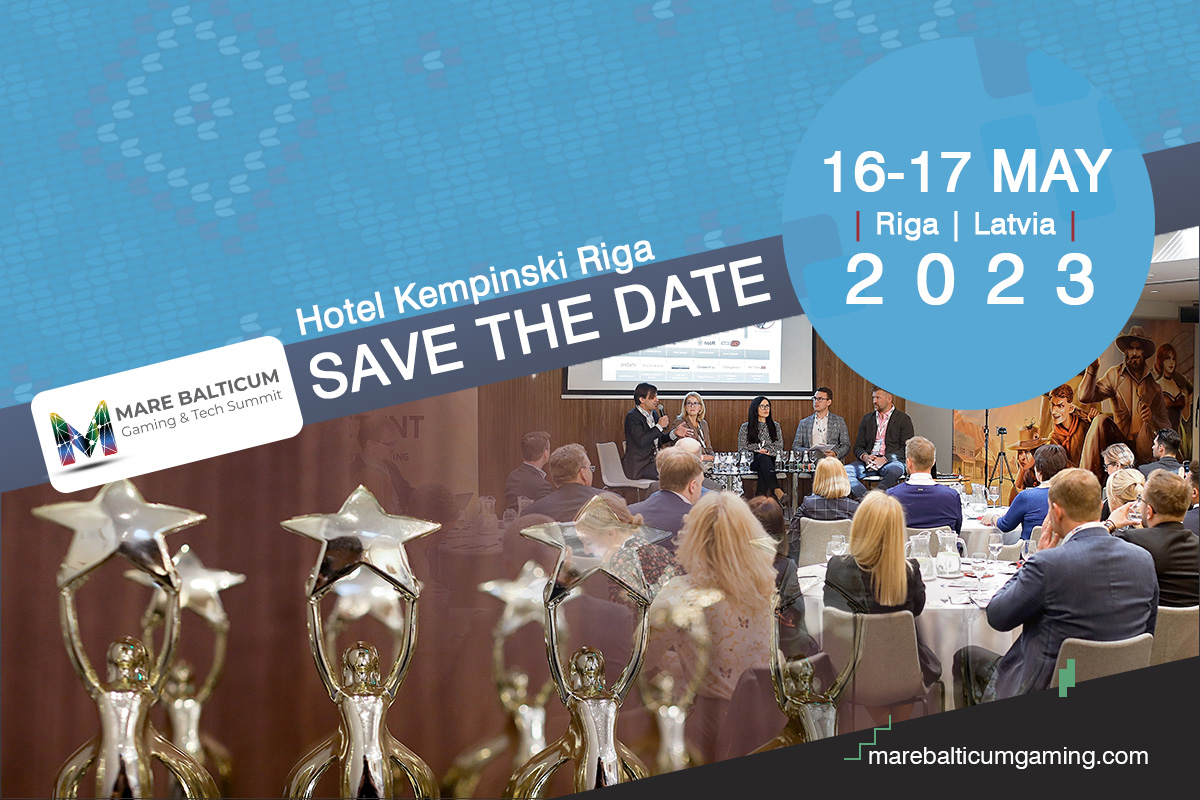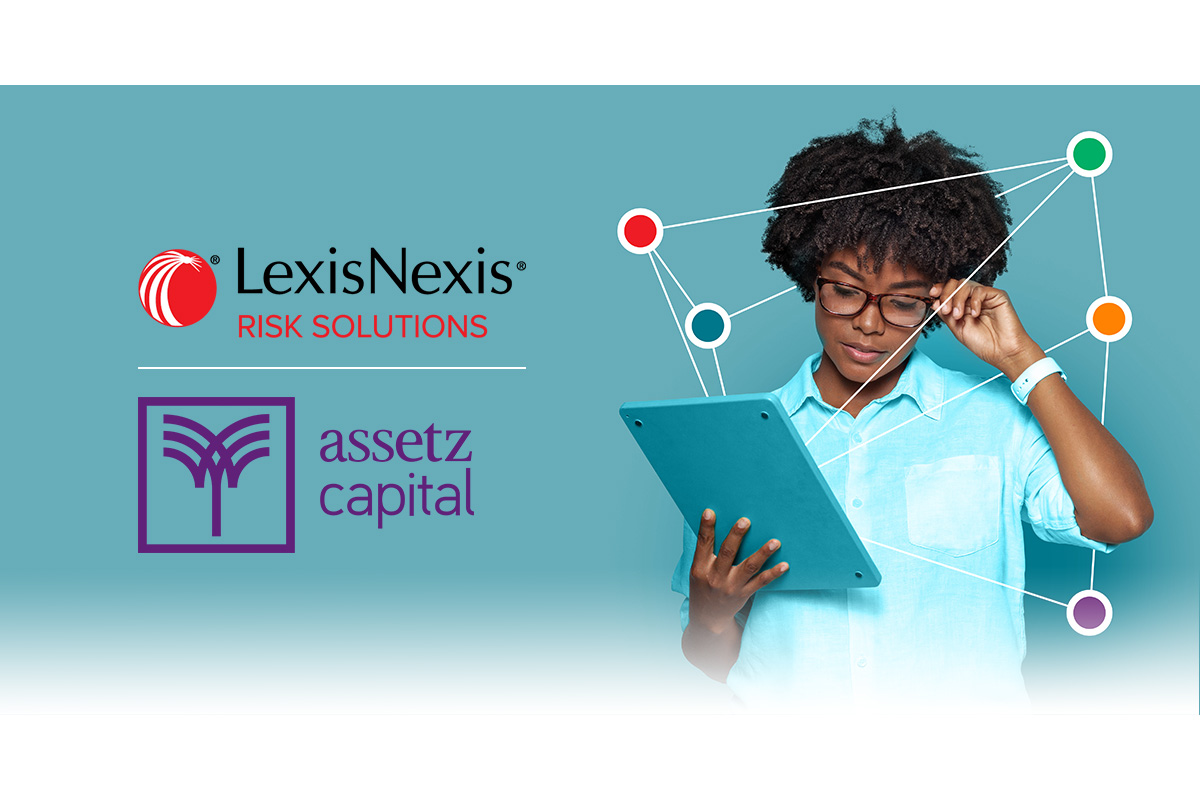Fintech
OneTrust Launches World’s First Technology Platform to Build and Demonstrate Stakeholder Trust
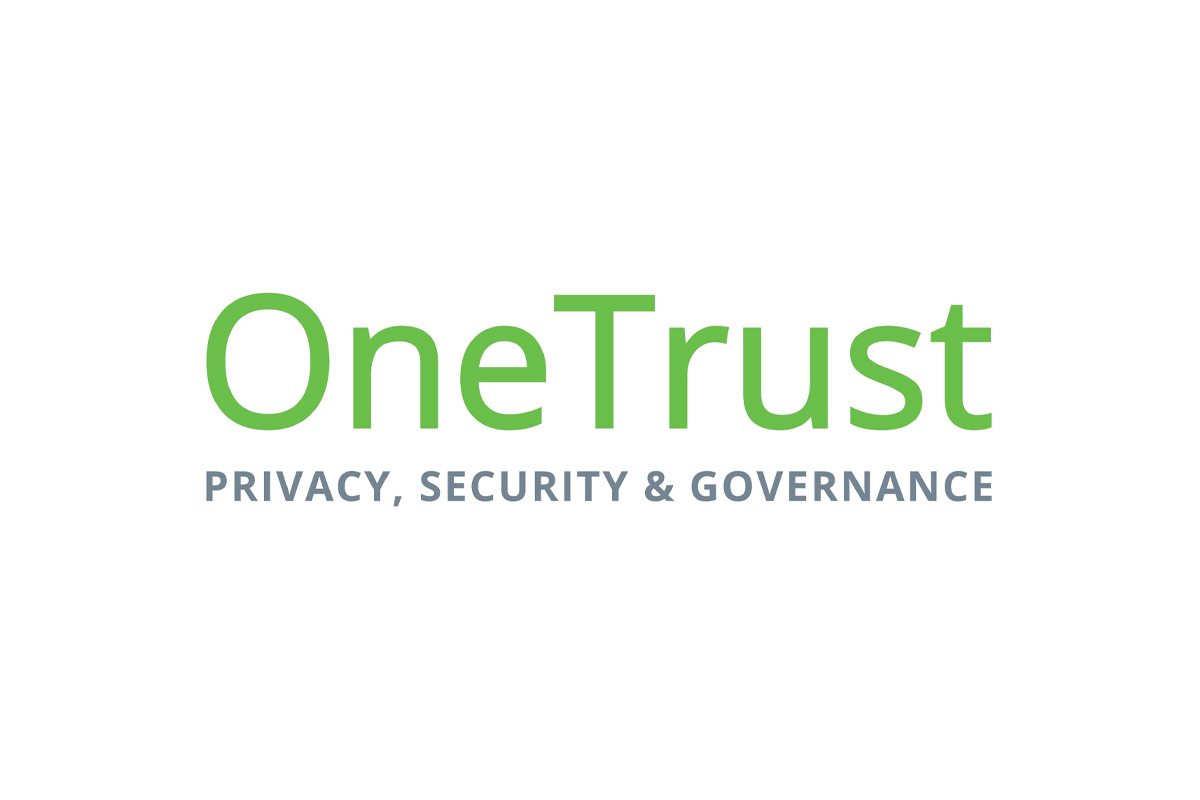
OneTrust, the market-defining leader for coordinated trust intelligence, today launched the world’s first Trust Intelligence Platform™, establishing a new category of technology dedicated to solving today’s critical business challenges around trust and transparency.
“As massive digital and cultural shifts change the way people choose who to buy from, work for, and invest in, organizations are transforming how they measure success,” said Kabir Barday, Chief Executive Officer of OneTrust. “Trust is the new gold standard for business, and leaders need a way to understand, measure, and manage trust. The Trust Intelligence Platform from OneTrust gives visibility, action, and automation across trust domains providing insights across privacy, risk, ethics, and ESG programs, so companies can build trust initiatives that are transparent and verifiable for their customers.”
Businesses that lose or lack trust often experience substantial financial impact. Recent data from Deloitte found that three $10 billion companies lost between 20 and 56 percent of their value when stakeholder trust was lost. Trusted companies, however, outperform the S&P 500 by 30 to 50 percent.
“Building businesses based on trust, rather than simply compliance, positions leaders in privacy, risk, ethics, and ESG to drive growth and create impact,” continued Barday. “Trust Intelligence empowers these teams to build trust by design, look beyond the silos of their departmental functions, and lead their company’s trust transformation.”
“The IDC Future of Trust framework identifies trust as an output from a strong foundation of risk, security, compliance, ethics and social responsibility, and privacy programs,” said Ryan O’Leary, Research Manager for Privacy and Legal Technology at IDC. “The Trust Intelligence Platform from OneTrust is a bold and unique step towards enabling customers to establish trust from a technology standpoint and builds a platform for companies to build, manage, and demonstrate stakeholder trust.”
Defining the Trust Intelligence Software Category
The Trust Intelligence Platform from OneTrust introduces the first in a new category of software for businesses to start and scale trust initiatives. Trust Intelligence delivers visibility across trust domain areas, action based on AI and regulatory intelligence, and automation to build trust by design as a reflex in organizations. The platform unifies Privacy & Data Governance, GRC & Security Assurance, Ethics & Compliance, and ESG & Sustainability programs where teams, data, and processes can integrate, giving businesses a centralized understanding of business trust.
The OneTrust platform is built on an intelligent engine that integrates global frameworks, standards, and regulations so companies can track compliance with various laws. Benchmarking, insights, and reporting capabilities enable leaders to understand how their program is developing and assess program maturity compared to industry peers. Stakeholder Trust Centers provide a dynamic, engaging, and centralized view into all relevant policies, data, and reports in a way everyone can trust and verify.
Companies can choose to start their journey to building trust with one cloud and build into other trust domains as the program matures. The Trust Intelligence Platform includes:
- The OneTrust Privacy & Data Governance Cloud: People demand greater control of their data, unlocking an opportunity for organizations to use digital interactions to go beyond compliance and build trust through transparency, choice, and control. The OneTrust Privacy & Data Governance Cloud helps companies adopt best-in-class privacy practices, so individuals trust them with their data, allowing them to deliver more valuable experiences and create business value through trust. Trust domains in the Privacy & Data Governance Cloud include Privacy Management, Data Governance, Consent & Preferences, and Data Ethics & Responsible AI.
- The OneTrust GRC & Security Assurance Cloud: The global threat landscape evolves each day, bringing new and unexpected risks to people and organizations. The OneTrust GRC & Security Assurance Cloud helps companies and supply chains stay resilient in the face of continuous cyber threats, global crises, and natural disasters—so organizations can operate with confidence. Trust domains in the GRC & Security Assurance Cloud include Governance & Policy Management, IT Risk & Security Assurance, Third-Party Risk, and Audit & Compliance Management.
- The OneTrust Ethics & Compliance Cloud: The most resilient organizations nurture a culture that fosters ethical behavior where everyone feels empowered to speak up, share their perspectives, ask challenging questions, and raise concerns without fear of retaliation. The OneTrust Ethics & Compliance Cloud fosters and promotes an open and safe environment for employees, maximizing insights into the health of a company’s culture, so leaders can act decisively upon areas of risk. Trust domains in the Ethics & Compliance Cloud include Ethics Program Management, Third-Party Due Diligence, and Speak-Up Culture Assurance.
- The OneTrust ESG & Sustainability Cloud: People want to buy from, work for, and invest in businesses that positively impact people and the planet in ways that everyone can understand and verify. The OneTrust ESG & Sustainability Cloud offers organizations the ability to define core environmental and sustainability metrics, track progress towards those goals, and foster trust with key stakeholders through enhanced transparency. Trust domains in the ESG & Sustainability Cloud include Carbon Accounting, ESG Program Management, and Supplier Sustainability & Responsibility.
Fintech
Fintech Latvia Association Releases Fintech Pulse 2024: A Guide to Latvia’s Growing Fintech Hub
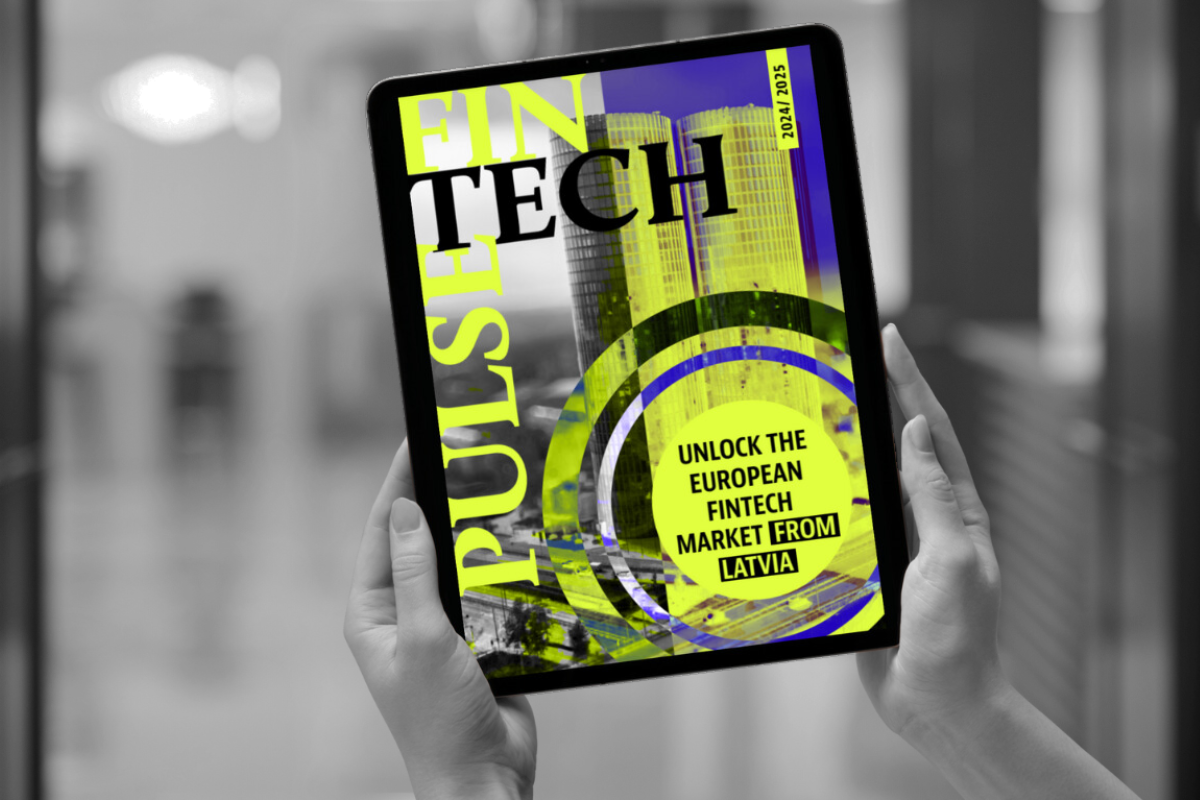
The Fintech Latvia Association has launched the latest edition of its annual publication, Fintech Pulse 2024, unveiling insights and resources that position Latvia as a thriving hub for European fintech.
Announced at this year’s Fintech Forum, the magazine is now available in digital format, offering a comprehensive guide for fintech professionals and entrepreneurs navigating the Latvian market and exploring its advantages.
This issue covers essential topics, from support tools provided by Latvijas Banka and newcomer roadmaps to Riga’s investor resources and fintech education opportunities. Readers will find the latest fintech news from Latvia, coverage of this year’s key industry events, and member insights on the future of fintech. The Fintech Landscape section provides a comprehensive overview of the Latvian fintech ecosystem.
Tina Lūse, Managing Director of Fintech Latvia Association, expressed excitement about the ecosystem’s growth: “We are excited to unveil the third annual edition of Fintech Pulse. This year has been pivotal for our ecosystem, and together with public sector stakeholders, we are enhancing financial inclusion, democratizing investments, and driving innovation throughout the sector. This is a testament to Latvia’s emergence as a fintech hub, establishing itself as an equal partner in innovation and support within the Baltic region.”
Minister of Finance Arvils Ašeradens highlighted Latvia’s fintech potential in the magazine, stating: “Latvia has already made strides in adapting its regulatory framework to support a stable financial system. Now, we encourage financial market players to invest in modern technologies to meet the growing demand for inclusive financial services and solidify Latvia’s position in the fintech landscape. We are confident that with the combined offer of the government, Latvijas Banka and Riga city, we are a great place to start your next scalable European FinTech!”
Minister of Economics Viktors Valainis expressed Latvia’s ambition in the magazine, stating: “Latvia wants to become a WEB 3.0. innovation hub and solidify itself as one of the leaders of a newly regulated EU crypto-asset market. We welcome international companies to choose Latvia, a flexible and fast-paced country, where you can obtain a MICA license in just 3 months. Open your office in Latvia, receive a MICA license and serve the whole EU market!”
The Fintech Latvia Association brings together fintech and non-banking financial service providers to represent their interests at both the national and international levels. It promotes sustainable development in Latvia’s financial sector by fostering reliable, responsible, and long-term industry practices that earn trust from consumers and regulatory authorities. The association is committed to supporting innovation and growth opportunities within the fintech landscape.
The post Fintech Latvia Association Releases Fintech Pulse 2024: A Guide to Latvia’s Growing Fintech Hub appeared first on News, Events, Advertising Options.
Fintech
Quantum Security and the Financial Sector: Paving the Way for a Resilient Future

The World Economic Forum (WEF) has released a pivotal white paper in collaboration with the Financial Conduct Authority (FCA), titled “Quantum Security for the Financial Sector: Informing Global Regulatory Approaches”. This January 2024 publication underscores the urgent need for global cooperation as the financial sector transitions from a digital economy to a quantum economy, highlighting both the immense opportunities and cybersecurity challenges posed by quantum computing.
Quantum: A Double-Edged Sword for Finance
Quantum computing offers transformative benefits for the financial sector, such as accelerated portfolio optimization, enhanced fraud detection, and improved risk management. Yet, it simultaneously threatens the very foundation of cybersecurity. With quantum’s ability to break traditional encryption methods, sensitive data and financial transactions face significant risks. The white paper warns that such vulnerabilities could erode trust in the financial system and destabilize global markets.
The urgency to prepare is evident, with some quantum threats, such as “Harvest Now, Decrypt Later” attacks, already emerging. Governments and regulators, including the United States with its National Security Memorandum on Quantum (2022), have begun advocating for quantum security readiness by 2035. However, as noted in the paper, transitioning to a quantum-secure infrastructure is a monumental task requiring unprecedented coordination between regulators, industry leaders, and technology providers.
A Collaborative Framework: Four Guiding Principles
To address the complex challenges posed by quantum technologies, the WEF and FCA have proposed four guiding principles to inform global regulatory and industry approaches:
- Reuse and Repurpose: Leverage existing regulatory frameworks and tools to address quantum risks, rather than creating entirely new systems.
- Establish Non-Negotiables: Define baseline requirements for quantum security, ensuring consistency and interoperability across organizations and jurisdictions.
- Increase Transparency: Foster open communication between regulators and industry players to share best practices, strategies, and knowledge.
- Avoid Fragmentation: Prioritize global collaboration to harmonize regulatory efforts and avoid inconsistencies that could burden multinational organizations.
These principles aim to create a unified, forward-looking strategy that balances innovation with security.
A Four-Phase Roadmap for Quantum Security
The white paper introduces a phased roadmap to help the financial sector transition toward quantum security:
- Prepare: Raise awareness of quantum risks, assess cryptographic infrastructure, and build internal capabilities.
- Clarify: Formalize engagement between stakeholders, map current regulations, and model the cost and complexities of transitioning to quantum-safe systems.
- Guide: Address regulatory gaps, translate technical standards into actionable frameworks, and develop industry-wide best practices.
- Transition and Monitor: Implement cryptographic management modernization and adopt iterative, adaptable regulatory approaches to remain resilient in the quantum economy.
This roadmap emphasizes adaptability, encouraging stakeholders to continuously refine their strategies as quantum technologies evolve.
The Path Forward: Collaboration as a Catalyst
The transition to a quantum-secure financial sector is not merely a technological shift but a comprehensive rethinking of how industries and regulators approach cybersecurity. The interconnected nature of global finance means that collaboration between mature and emerging markets is crucial to avoid vulnerabilities that could undermine the entire system.
Regulators and financial institutions must act with urgency. As Sebastian Buckup, Head of Network and Partnerships at the World Economic Forum, notes in the report:
“The quantum economy era is fast approaching, and we need a global public-private approach to address the complexities it will introduce. We welcome this opportunity to collaborate with the FCA to chart the roadmap for a seamless and secure transition for the financial services sector.”
Similarly, Suman Ziaullah, Head of Technology, Resilience, and Cyber at the FCA, emphasizes:
“Quantum computing presents considerable opportunities but also threats. The financial sector relies heavily on encryption to protect sensitive information, the exposure of which could cause significant harm to consumers and markets. Addressing this requires a truly collaborative effort to transition to a quantum-secure future.”
Global Impact: Ensuring Resilience in an Evolving Landscape
As quantum technologies mature, they will redefine the landscape of cybersecurity. The financial sector, as one of the most sensitive and interconnected industries, must prioritize preparedness to ensure stability, protect consumers, and maintain trust.
The Quantum Security for the Financial Sector: Informing Global Regulatory Approaches white paper offers an essential foundation for continued dialogue and action. By adhering to the guiding principles and roadmap outlined in the report, stakeholders can navigate this transformation with foresight and cooperation.
The full report, published by the World Economic Forum, highlights the need for a unified global approach to quantum security, serving as a rallying call for industry and regulatory leaders alike.
Source: World Economic Forum, “Quantum Security for the Financial Sector: Informing Global Regulatory Approaches”, January 2024.
The post Quantum Security and the Financial Sector: Paving the Way for a Resilient Future appeared first on News, Events, Advertising Options.
Fintech
Fintech Pulse: Daily Industry Brief – A Dive into Today’s Emerging Trends and Innovations

The fintech landscape continues to redefine itself, driven by innovation, partnerships, and groundbreaking strategies. Today’s roundup focuses on the latest digital wallet offerings, evolving payment trends, strategic collaborations, and notable funding achievements. This editorial explores the broader implications of these developments, casting light on how they shape the future of fintech and beyond.
Beacon’s Digital Wallet for Immigrants: A Gateway to Financial Inclusion
Beacon Financial, a leading player in financial technology, recently launched a digital wallet tailored to meet the unique needs of immigrants moving to Canada. This offering bridges a critical gap, enabling seamless financial integration for newcomers navigating a foreign system.
By combining intuitive technology with user-centric features, Beacon aims to empower immigrants with tools for payments, savings, and remittances. This aligns with the growing demand for tailored financial products that resonate with specific demographics.
Op-Ed Insight:
Financial inclusion is more than just a buzzword; it’s a moral imperative in the fintech space. Products like Beacon’s digital wallet highlight the industry’s potential to create tangible change. As global migration trends increase, such offerings could inspire similar initiatives worldwide.
Source: Fintech Futures.
Juniper Research Highlights 2025’s Payment Trends
Juniper Research’s latest report unveils pivotal payment trends poised to dominate in 2025. Central themes include the adoption of instant payment networks, a surge in embedded finance solutions, and the rise of crypto-backed financial products.
The research underscores the rapid adoption of real-time payment systems, fueled by increasing consumer demand for speed and efficiency. Meanwhile, embedded finance promises to blur the lines between traditional banking and non-financial services, delivering personalized and context-specific solutions.
Op-Ed Insight:
As the lines between financial services and technology continue to blur, these trends emphasize the industry’s shift toward convenience and personalization. The growing role of crypto-based solutions reflects an evolving consumer mindset, where decentralization and digital-first experiences gain precedence.
Source: Juniper Research.
MeaWallet and Integrated Finance Partner to Revolutionize Digital Wallets
MeaWallet, a prominent fintech solutions provider, has partnered with Integrated Finance to advance digital wallet capabilities and secure card data access for fintech companies. This collaboration focuses on empowering fintechs to deliver better, safer digital payment experiences.
MeaWallet’s role as a technology enabler aligns seamlessly with Integrated Finance’s goal of simplifying complex financial infrastructures. Together, they aim to create scalable, robust platforms for secure payment solutions.
Op-Ed Insight:
Partnerships like this underscore the importance of collaboration in driving innovation. As security concerns grow in tandem with digital payment adoption, solutions addressing these challenges are essential for maintaining consumer trust. The fintech ecosystem thrives when synergy and innovation coalesce.
Source: MeaWallet News.
Nucleus Security Among Deloitte’s Fastest-Growing Companies
Nucleus Security has achieved a remarkable milestone, ranking 85th on Deloitte’s 2024 Technology Fast 500 list. This achievement is attributed to its robust cybersecurity solutions, which cater to the increasingly digital fintech environment.
With cyberattacks becoming more sophisticated, fintech companies are under immense pressure to safeguard their platforms. Nucleus Security’s growth reflects the rising demand for comprehensive, scalable security solutions that protect sensitive financial data.
Op-Ed Insight:
In a digital-first world, robust cybersecurity isn’t optional—it’s fundamental. The recognition of companies like Nucleus Security signals the growing importance of protecting fintech infrastructure as the industry scales globally.
Source: PR Newswire.
OpenYield Secures Funding to Transform the Bond Market
OpenYield has announced a successful funding round, aiming to revolutionize the bond market through innovative technology. The platform promises greater transparency, efficiency, and accessibility in fixed-income investments.
This funding underscores the growing appetite for digitizing traditionally opaque financial markets. By leveraging cutting-edge technology, OpenYield seeks to democratize bond investments, making them accessible to a broader audience.
Op-Ed Insight:
The bond market, long viewed as complex and inaccessible, is ripe for disruption. OpenYield’s efforts to modernize this space highlight fintech’s transformative potential to democratize finance and empower individual investors.
Source: PR Newswire.
Key Takeaways: Shaping the Future of Fintech
Today’s developments underscore several critical themes in the fintech landscape:
- Personalization and Inclusion: Products like Beacon’s wallet highlight the importance of understanding and addressing specific user needs.
- Collaborative Ecosystems: Partnerships, like that of MeaWallet and Integrated Finance, emphasize the power of collaboration in solving industry challenges.
- Emerging Technologies: Juniper Research’s predictions affirm the continued influence of blockchain, embedded finance, and instant payment networks.
- Security at the Core: The recognition of Nucleus Security underscores the essential role of cybersecurity in fintech.
- Market Transformation: OpenYield’s funding signifies the ongoing disruption of traditional financial markets, paving the way for broader accessibility.
The post Fintech Pulse: Daily Industry Brief – A Dive into Today’s Emerging Trends and Innovations appeared first on News, Events, Advertising Options.
-

 Fintech6 days ago
Fintech6 days agoFintech Pulse: Industry Updates, Innovations, and Strategic Moves
-

 Fintech5 days ago
Fintech5 days agoFintech Pulse: Daily Industry Brief – A Dive into Today’s Emerging Trends and Innovations
-

 Fintech PR5 days ago
Fintech PR5 days agoTAILG Represents the Industry at COP29, Advancing South-South Cooperation with Low-Carbon Solutions
-

 Fintech PR6 days ago
Fintech PR6 days agoROLLER Releases 2025 Attractions Industry Benchmark Report, Unveiling Key Trends and Revenue Strategies
-

 Fintech7 days ago
Fintech7 days agoFintech Pulse: Milestones, Partnerships, and Transformations in Fintech
-

 Fintech PR4 days ago
Fintech PR4 days agoAlkira Ranked 25th Fastest-Growing Company in North America and 6th in the Bay Area on the 2024 Deloitte Technology Fast 500™
-

 Fintech PR6 days ago
Fintech PR6 days agoThe CfC St. Moritz Announces New Speakers from BlackRock, Binance, Bpifrance, Temasek, PayPal, and More for Upcoming 2025 Conference
-

 Fintech PR4 days ago
Fintech PR4 days agoCorinex Ranked Number 331 Fastest-Growing Company in North America on the 2024 Deloitte Technology Fast 500™



